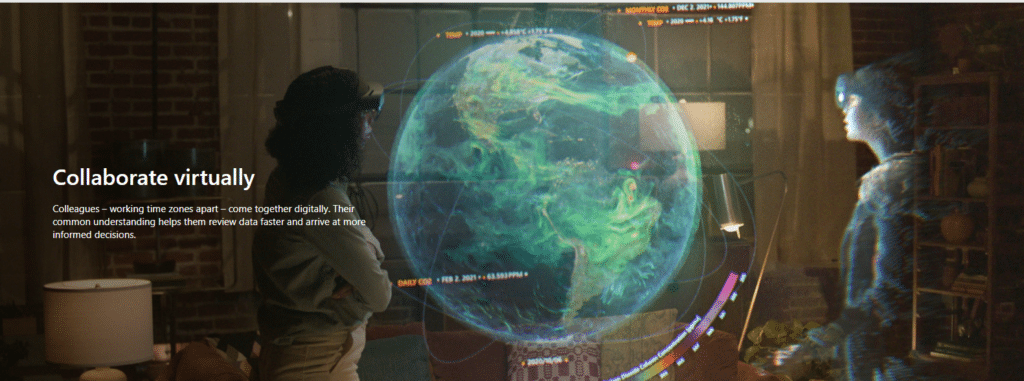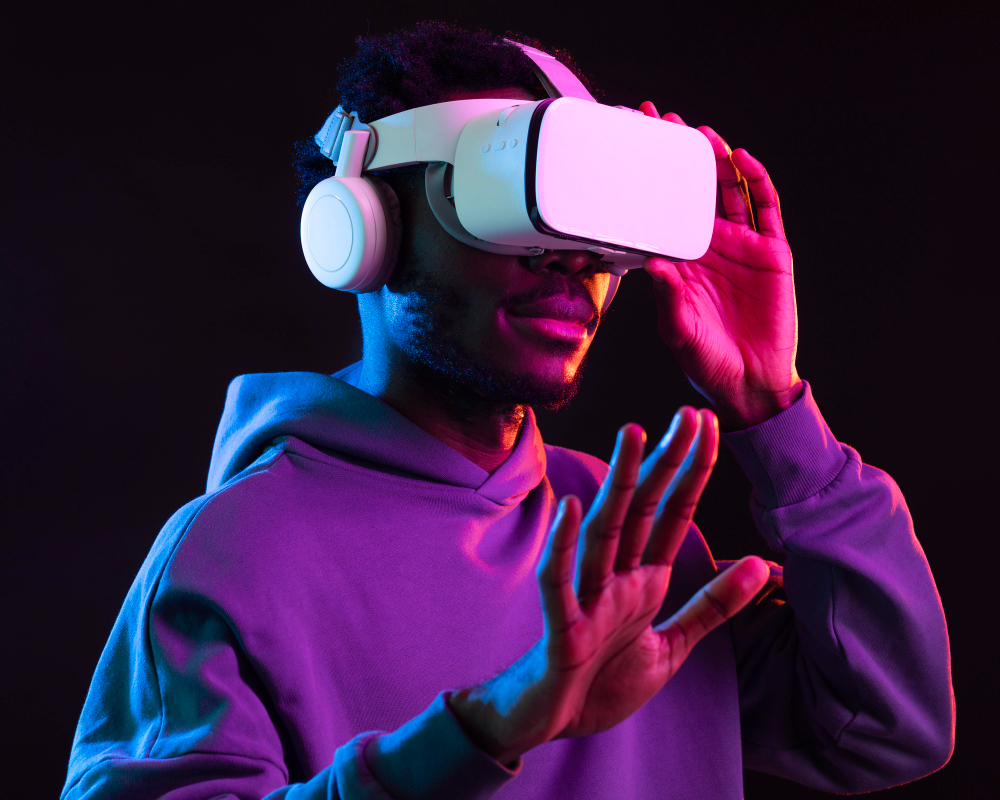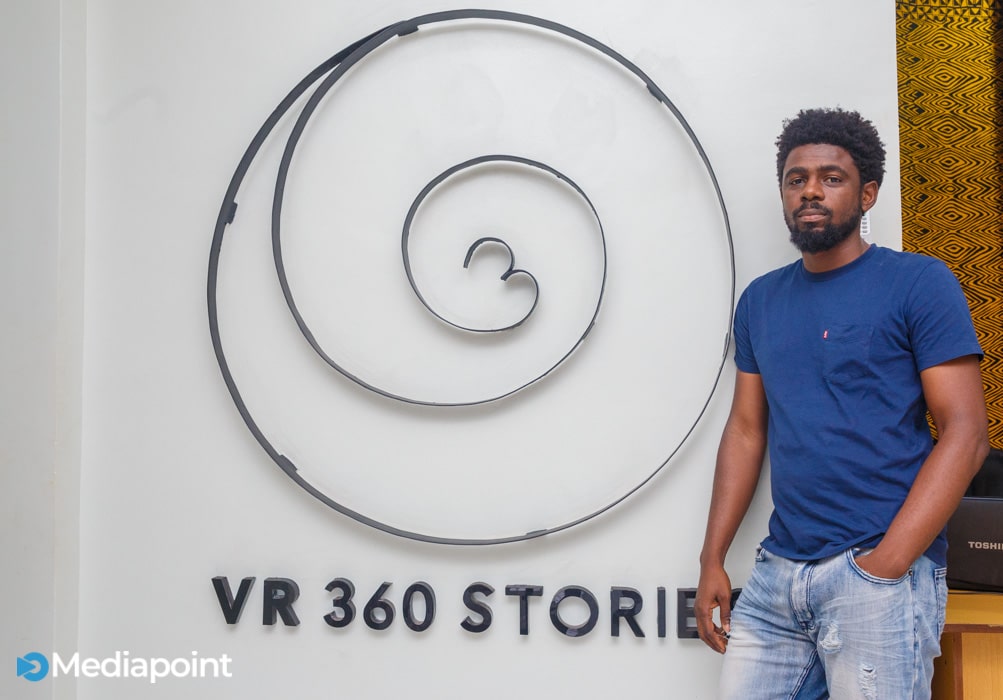Key takeaways:
- Microsoft is shutting down an arm of its metaverse plans
- The tech giant has laid off all the employees working on its mixed-reality toolkit.
- While it is stepping back on its metaverse plans, it plans to focus more on Microsoft Mesh.
On October 28, 2021, Facebook, the parent company of Instagram, Facebook, and WhatsApp, rebranded to Meta. CEO, Mark Zuckerberg, explained that the former was limiting as it did not express everything the company did.
While the new name doesn’t just represent one aspect of the company like the former, the main reason for the rebrand was for the company to be “seen as a metaverse company.”
Zuckerberg saw the metaverse as the future of the Internet, a world where people interact with virtual and augmented reality.
If you can’t understand how much Meta believes in the virtual reality future, perhaps the fact that it has sunk $36 billion into it since 2019 would help.
The investment went into Reality Labs, Meta’s virtual reality (VR) and augmented reality (AR) arm. It is the one working on Oculus — a virtual reality device that immerses users into a computer-generated world — and Portal, a device that takes video calling to another level with a Smart Camera that keeps callers visible to each other even when they move around with the device.
Meta is not the only big tech company with high hopes for the metaverse, with Microsoft, the latest to reveal its interest. In September 2022, it acquired video game company Activision Blizzard for $68.7 billion
The acquisition suggested that, like Meta, Microsoft would take its metaverse plans into the world of gaming. According to users, Meta’s Oculus Quest Store is loaded with hundreds of games and apps users can choose from.

The tech giant’s CEO, Satya Nadal, even said in 2021 that “the metaverse is not just transforming how we see the world. It’s changing how all of us actively participate in it, and we cannot wait to see what you will build and how you will bring people together with this technology.”
But after the company’s recent layoff, it was revealed that it would be shutting AltspaceVR, the social virtual reality platform it acquired in 2017.
The metaverse dream is changing

AltspaceVR was a social metaverse platform, a Facebook for the metaverse if you will. When it was on the verge of shutting down in 2015, Microsoft offered to buy the company to keep the social metaverse fire burning.
Microsoft’s acquisition of AltspaceVR was part of the company’s plan to build its mixed reality ecosystem, which is a social universe that contains physical and computer-generated reality that interacts in real time.
From the way AltspaceVR worked, it suggested that Microsoft’s plan was to create a consumer-facing metaverse. According to The Verge, events and social spaces would be free for people to join on AltspaceVR.
Why is Microsoft changing its plans for the Metaverse?

Shutting down AltspaceVR is not the end of Microsoft’s plans for the metaverse; it is only a shift. This is because the move will help it focus on Microsoft Mesh.
Microsoft announced Mesh in 2021 as a way to make teams in a company collaborate better. It described Mesh as “collaboration in the metaverse,” more like an advanced zoom call.
Microsoft found the inspiration for Mesh after the pandemic forced many companies to adopt remote work.
Mesh is simply Microsoft’s way of recreating physical work interactions digitally. From kitchen banter to hallway conversations, it hopes to connect workers in a way that video calls cannot.
In the blog post announcement, it said the service would be accessed via standard smartphones, laptops, and mixed-reality headsets.
Microsoft Mesh seems like a more logical evolution of video conferencing than the “metaverse,” which, with the help of Web3 evangelists, was touted as the future of social media where people will own property on which they’d spend a significant amount of their time.
AI is the true future
There is no doubt that Microsoft is taking artificial intelligence (AI) very seriously with its partnership with AI lab, OpenAI. It was announced on Monday, January 23, 2023, that it would be investing as much as $10 billion in the AI lab.
This is coming after a $1 billion investment in 2019.
Microsoft’s investment isn’t the only move that underscores the importance of AI to its future. The tech giant has announced that it will be integrating ChatGPT — Open AI’s cutting-edge chatbot — into its search engine, Bing.
Microsoft’s shift from a social metaverse to a team-focused product is the opposite of Meta’s vision for the metaverse.
Although Meta is making considerable progress with the development of more immersive VR headsets — Meta Quest Pro — affordability is still a major obstacle. At $1,499, only a handful of people will be able to buy into Meta’s vision.
While Zuckerberg is going full throttle into the metaverse, only time will tell if Meta will need to make a shift like Microsoft has.








